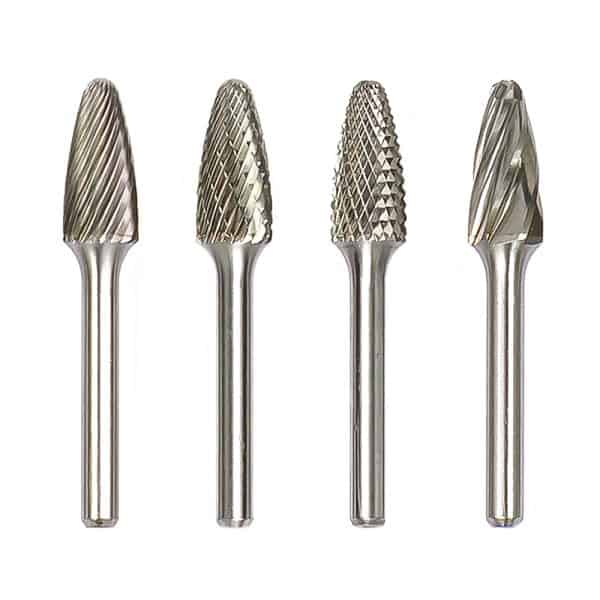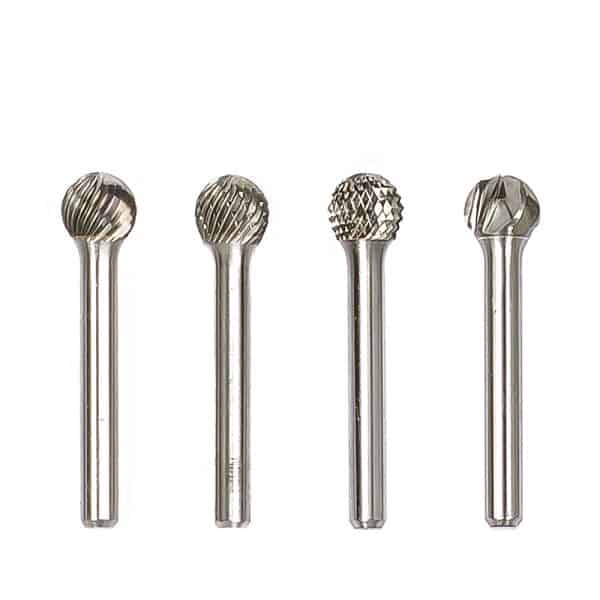machine tools Suppliers
Finding the right machine tools suppliers is critical for manufacturing success. This guide explores the key factors in selecting a reliable supplier, the different types of machine tools available, and essential considerations for ensuring a long-term partnership.
Understanding Your Machine Tool Needs
Before searching for machine tools suppliers, it's vital to understand your specific needs. This includes the type of materials you'll be working with, the precision required, the production volume, and the budget constraints.
Defining Your Requirements
Consider these factors:
- Material Types: Are you working with metals, plastics, wood, or composites?
- Precision: What tolerances are required for your parts?
- Production Volume: Do you need a high-volume production machine or a more versatile machine for smaller batches?
- Budget: What is your budget for purchasing and maintaining the machine?
- Automation: Do you require automated features such as robotic loading/unloading, or advanced control systems?
Types of Machine Tools and Their Suppliers
The machine tools industry is diverse, offering a range of solutions for various manufacturing processes. Here's a brief overview of common types and considerations when choosing machine tools suppliers:
CNC Milling Machines
CNC (Computer Numerical Control) milling machines are used for shaping materials by removing material with a rotating cutter. They are versatile and can create complex shapes. Popular brands include Haas Automation, DMG Mori, and Mazak.
Key Considerations: Number of axes, table size, spindle speed, and control system.
CNC Lathes
CNC lathes, also known as turning machines, are used to create cylindrical parts by rotating the workpiece against a cutting tool. They are commonly used for producing shafts, bolts, and other round components.
Key Considerations: Swing over bed, distance between centers, spindle bore, and tool turret capacity.
Grinding Machines
Grinding machines are used to achieve very high precision and surface finishes. They use abrasive wheels to remove small amounts of material. Common types include surface grinders, cylindrical grinders, and tool and cutter grinders.
Key Considerations: Grinding wheel size, workpiece capacity, and precision level.
EDM Machines
EDM (Electrical Discharge Machining) machines use electrical sparks to erode material. They are often used for creating complex shapes in hard materials that are difficult to machine with traditional methods.
Key Considerations: Type of EDM (wire EDM, sinker EDM), workpiece capacity, and generator power.
Laser Cutting Machines
Laser cutting machines use a focused laser beam to cut materials. They offer high precision and speed, and are suitable for a wide range of materials including metals, plastics, and composites.
Key Considerations: Laser power, cutting speed, material compatibility, and table size.
Evaluating Potential Machine Tools Suppliers
Choosing the right supplier is crucial for the success of your manufacturing operations. Consider these factors when evaluating potential machine tools suppliers:
Reputation and Experience
Research the supplier's reputation and experience in the industry. Look for testimonials, case studies, and customer reviews. A long-standing presence in the market often indicates reliability and expertise. Wayleading Tools is committed to providing quality tools and solutions and has years of experience in the machining industry. Contact us through www.wayleading.com to learn more about how we can support your needs.
Product Quality and Performance
Assess the quality and performance of the supplier's machine tools. Request detailed specifications, performance data, and sample parts. Consider visiting their showroom or requesting a demonstration to see the machines in action.
Service and Support
Evaluate the supplier's service and support capabilities. Do they offer installation, training, and maintenance services? What is their response time for technical support requests? A reliable supplier should provide comprehensive support throughout the life cycle of the machine.
Pricing and Payment Terms
Compare pricing and payment terms from different suppliers. Consider the total cost of ownership, including installation, training, maintenance, and spare parts. Negotiate favorable payment terms and financing options.
Spare Parts Availability
Ensure that the supplier can provide readily available spare parts for their machine tools. Downtime due to parts shortages can be costly, so it's important to choose a supplier with a robust spare parts inventory and efficient delivery system.
Building a Long-Term Partnership
Establishing a long-term partnership with your machine tools suppliers can lead to several benefits, including:
- Improved communication and collaboration
- Access to the latest technologies and innovations
- Customized solutions tailored to your specific needs
- Preferential pricing and service
The Future of Machine Tools and Suppliers
The machine tools industry is constantly evolving, with new technologies and innovations emerging regularly. Staying informed about these advancements and working with forward-thinking machine tools suppliers is essential for maintaining a competitive edge.
Automation and Robotics
Automation and robotics are increasingly integrated into machine tools, enabling higher productivity, improved accuracy, and reduced labor costs. Look for suppliers who offer automated solutions and can help you integrate them into your existing operations.
Digitalization and IoT
Digitalization and the Internet of Things (IoT) are transforming the machine tools industry, enabling real-time monitoring, predictive maintenance, and data-driven optimization. Choose suppliers who offer machines with built-in sensors and connectivity features.
Additive Manufacturing
Additive manufacturing, also known as 3D printing, is becoming increasingly popular for producing prototypes, custom parts, and complex geometries. Some machine tools suppliers are now offering hybrid machines that combine additive and subtractive manufacturing capabilities.
Choosing the Right Supplier: A Checklist
Use this checklist to guide your selection process:
- Define your specific needs and requirements.
- Research potential machine tools suppliers.
- Evaluate their reputation, experience, and product quality.
- Assess their service and support capabilities.
- Compare pricing and payment terms.
- Ensure spare parts availability.
- Build a long-term partnership.
Conclusion
Selecting the right machine tools suppliers is a critical decision that can significantly impact your manufacturing operations. By carefully considering your needs, evaluating potential suppliers, and building a long-term partnership, you can ensure that you have the right equipment and support to achieve your goals. Remember to prioritize quality, reliability, and service to maximize your return on investment.
Related products
Related products
Best selling products
Best selling products-
 Precision Vernier Caliper Of Metric & Imperial For Industrial
Precision Vernier Caliper Of Metric & Imperial For Industrial -
 Precision Outside Micrometer Set With digit Counter Of Inch & Metric With Rachet Stop
Precision Outside Micrometer Set With digit Counter Of Inch & Metric With Rachet Stop -
 DIN4971-ISO1 Carbide Tipped Tool Bit With Right And Left Hand
DIN4971-ISO1 Carbide Tipped Tool Bit With Right And Left Hand -
 Type F Ball Nose Tree Tungsten Carbide Rotary Burr
Type F Ball Nose Tree Tungsten Carbide Rotary Burr -
 5C Square Collet With Inch and Metric Size
5C Square Collet With Inch and Metric Size -
 3 Flutes HSS Chamfering Countersink Drill bitl With 60 And 90 Degree
3 Flutes HSS Chamfering Countersink Drill bitl With 60 And 90 Degree -
 Type D Ball Tungsten Carbide Rotary Burr
Type D Ball Tungsten Carbide Rotary Burr -
 HSS Inch Convex Milling Cutter For Industrial
HSS Inch Convex Milling Cutter For Industrial -
 R8 Hex Collet With Inch and Metric Size
R8 Hex Collet With Inch and Metric Size -
 Round Die Wrench For Thread Cutting Tools
Round Die Wrench For Thread Cutting Tools -
 Double-beam Digital Gauge With Digital Counter
Double-beam Digital Gauge With Digital Counter -
 Single Wheel Knurling Tools With Straight Pattern For Industrial Type
Single Wheel Knurling Tools With Straight Pattern For Industrial Type










